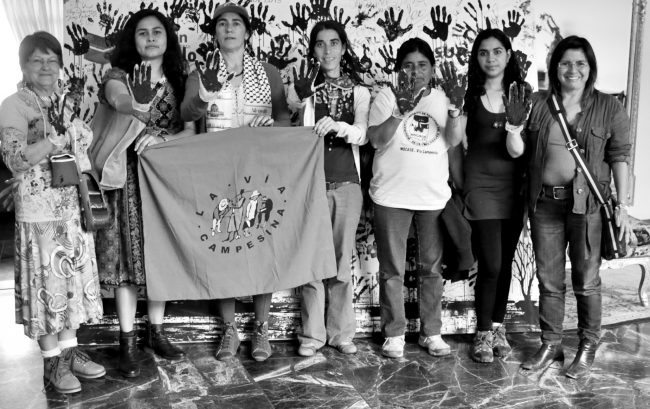
La Vía Campesina is arguably the largest social movement in the world. As of 2019, it comprised 182 local and national organizations in 81 countries, and represented about 200 million farmers. And yet, try finding a mention of La Vía Campesina in mainstream textbooks.
One of the reasons textbooks fail to include discussions of La Vía Campesina — and other social movements, for that matter — is because the publishers presume that change comes from the top. Textbooks teach students to look to Great Individuals, governments, corporations, multilateral organizations, the United Nations. According to the official stories offered in textbooks, power flows downhill, from the commanding heights. Another source of La Vía Campesina’s invisibility is textbooks’ core narrative — that humanity is in the midst of a pageant of progress, powered by science, technology, and capitalism. Peasants, by contrast, represent backwardness, pockets of ancient history waiting around in the countryside for the beneficent arrival of the modern world.
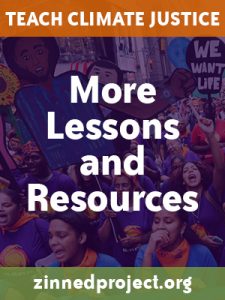 This role play on La Vía Campesina challenges both these notions. Not only does La Vía Campesina’s work call into question a future of corporate-dominated globalized markets and homogenized bigness, it has dramatically changed the global conversation about agriculture, food, and hunger as well. This role play allows for these vital conversations to occur in our classrooms. When they represent members of La Vía Campesina, students grapple with core issues that many in the industrialized West choose to ignore, or have never thought to question.
This role play on La Vía Campesina challenges both these notions. Not only does La Vía Campesina’s work call into question a future of corporate-dominated globalized markets and homogenized bigness, it has dramatically changed the global conversation about agriculture, food, and hunger as well. This role play allows for these vital conversations to occur in our classrooms. When they represent members of La Vía Campesina, students grapple with core issues that many in the industrialized West choose to ignore, or have never thought to question.
We designed this role play to teach some of the facts of La Vía Campesina, but in a way that invites students to “become” La Vía Campesina activists throughout the world, discovering differences, common circumstances, and shared objectives — and defining together what they mean by “food sovereignty,” the animating principle of the organization. Through role play, students take on personas representing six of the many constituent organizations that make up La Vía Campesina:
- the Basque peasants union (EHNE)
- Brazil’s Landless Workers Movement (MST)
- Haiti’s Group of 4 and the Dessalines Brigade
- the National Peasants Union of Mozambique
- the Korean Women’s Peasant Association; and
- the Tamil Nadu Women’s Collective of southern India.
Members of each group learn about one another in a mixer activity and meet some of the actual La Vía Campesina activists by viewing a film produced by the organization. They encounter an entirely different strategy to feed the world, one articulated by the world’s wealthiest G7 countries. And finally, students propose and organize for alternatives to the G7 agricultural vision.
 This lesson was originally published by Rethinking Schools in A People’s Curriculum for the Earth.
This lesson was originally published by Rethinking Schools in A People’s Curriculum for the Earth.
Classroom Story
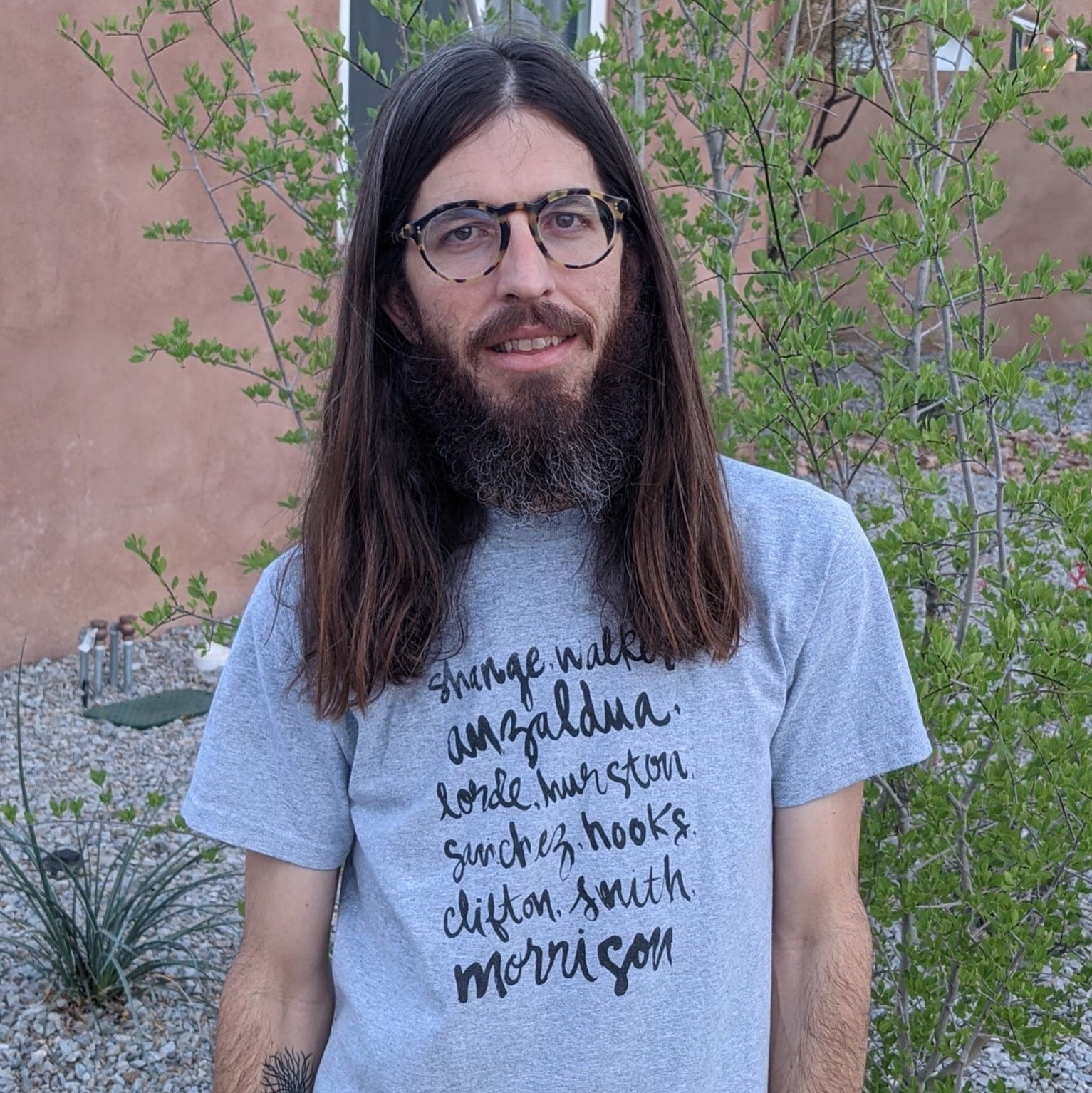
This year my 11th grade English classes are reading The Grapes of Wrath. I teach in Albuquerque and I wanted to find engaging ways to make John Steinbeck’s beautiful and angry novel come alive for my students and connect to issues of farming, climate change, and unionizing that we are still experiencing today.
Basically, I wanted this unit to answer the question, “Why are we reading this?” as this is a question I try to ask myself every time I assign a text.
Luckily, the Zinn Education Project had my back!
I used Food, Farming, and Justice: A Role Play on La Vía Campesina to show the struggles and triumphs farmers across the globe are facing today, as well as the Stories from the Climate Crisis Mixer, to give students more breadth and depth on or current climate crisis around the globe. Both lessons connected perfectly with The Grapes of Wrath. Read more.
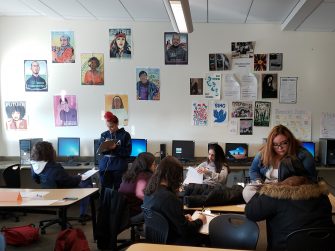  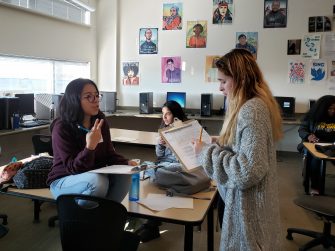 |
I chose to do Food, Farming, and Justice: A Role Play on La Vía Campesina with seniors in International Issues, where they completed the role play for their midterm exam. Our course uses the critical lenses of racism, imperialism, capitalism, and the climate crisis to investigate human rights issues. So, this role play has been a perfect supplement to our work. The materials are so well-designed, thoughtful, challenging, yet accessible, that all of my students have been 100% engaged. Students were so engrossed in the mixer at the beginning of the lesson that they responded with cries of “No! You can’t make us stop!” when I told them class was ending and we could continue our work during the next class. Thank you Zinn Education Project. Your materials help me to be a better teacher and they help my students have more meaningful and memorable experiences in the classroom. |


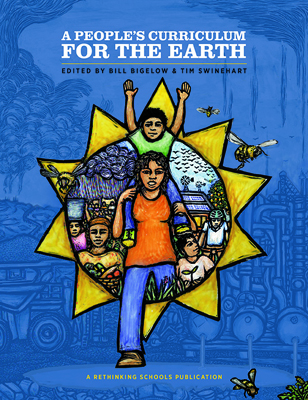
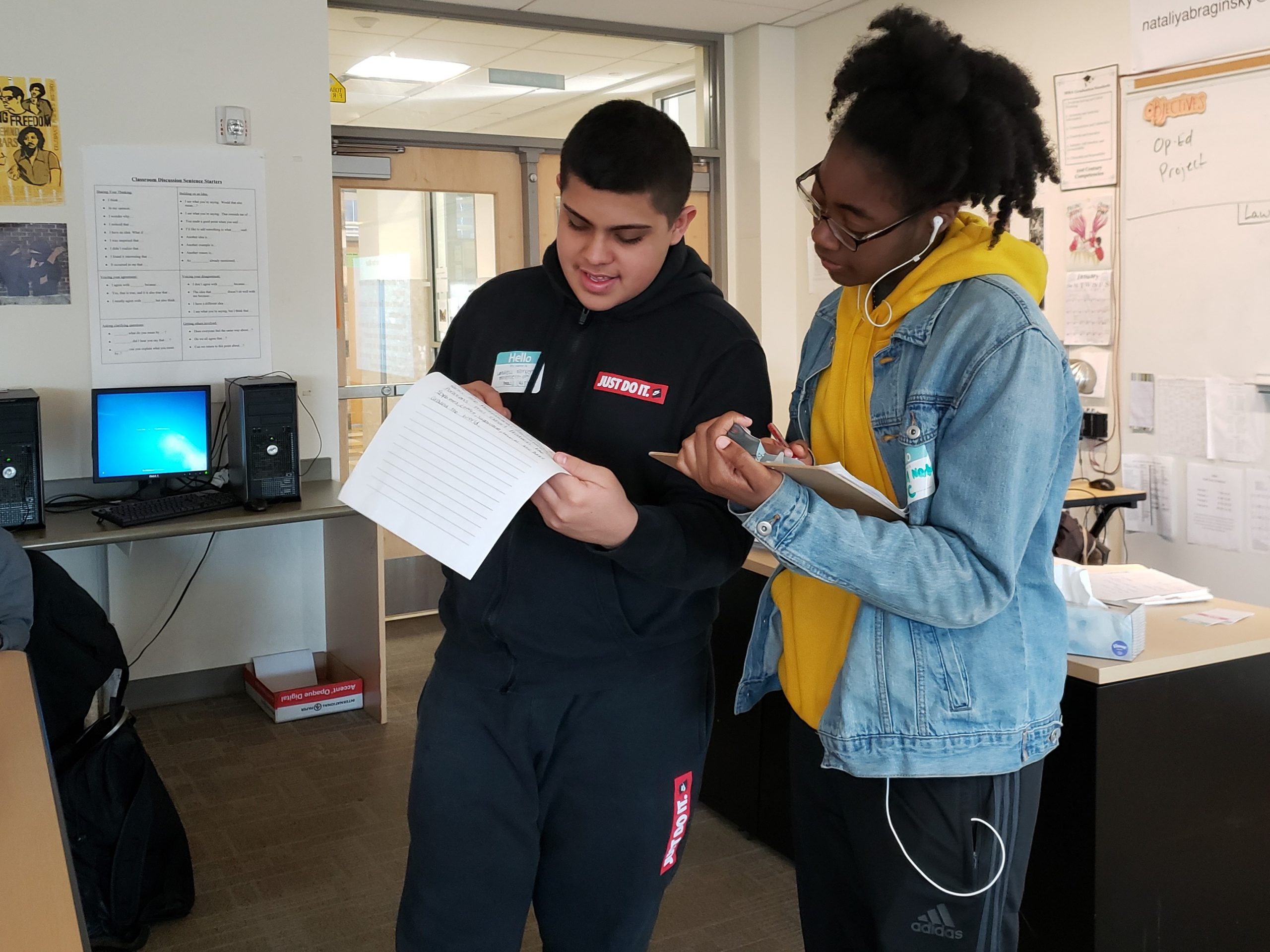







Twitter
Google plus
LinkedIn